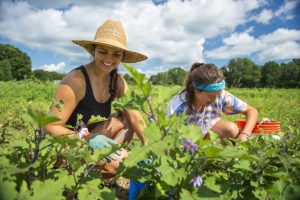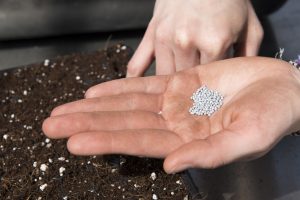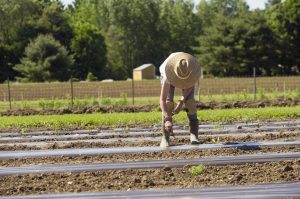B.S. Degree in Sustainable Agriculture
The B.S. degree in Sustainable Agriculture emphasizes
- building healthy soil through crop rotations, organic soil amendments and erosion management
- protecting water quality by reducing synthetic chemical use
- managing pest and weed problems with integrated, ecologically sound approaches
- increasing farm profits and income stability through diverse, community-based enterprises
- using knowledge of scientific principles to propose and test farming practices that better mimic natural ecosystems.
The University of Maine was the first in the country to offer a bachelor’s degree in sustainable agriculture. The Sustainable Agriculture program, initiated in 1988, has been highlighted in the Chronicle of Higher Education.
With this degree, students can find employment as a
- community food-based nonprofit organization employee
- manager of an organic or sustainable farm
- self-employed market or dairy farmer
- research technician
- sales and marketing professional for a food retailer, wholesaler, cooperative or direct marketing initiative (e.g., supermarket chain, producer cooperatives)



